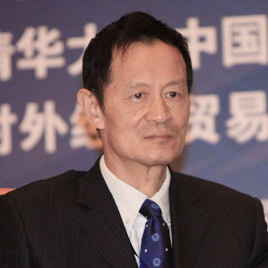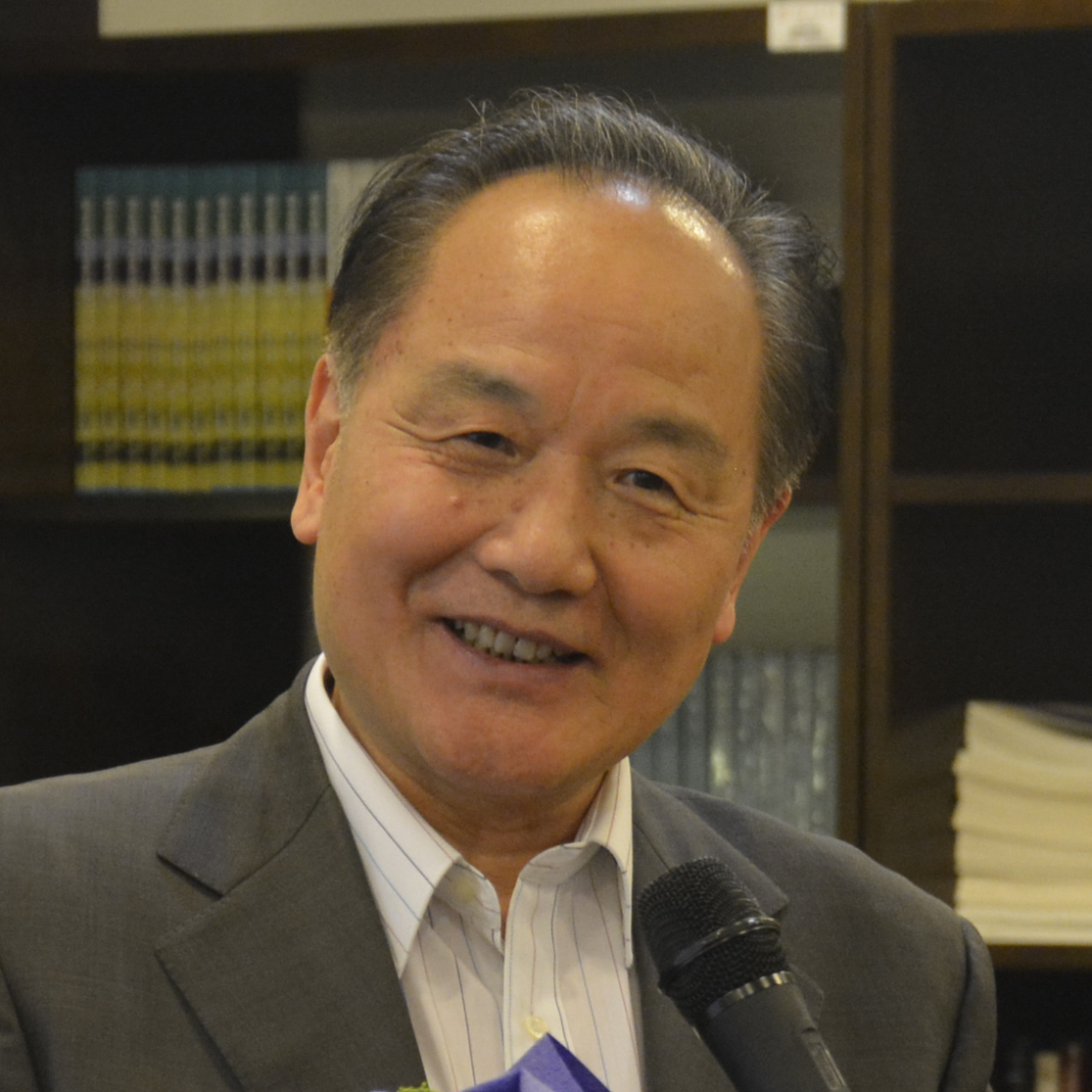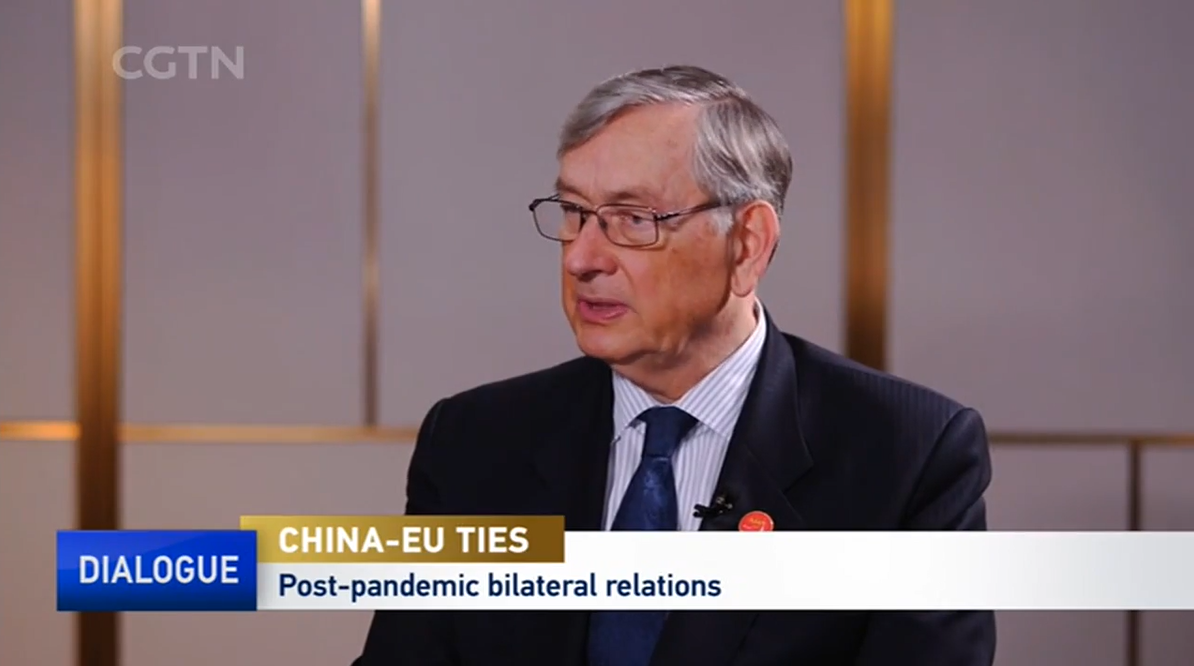Commentaries
Your Present Location: Teacher_Home> He Weiwen> CommentariesUS departure from UN postal union latest example of unilateralism
Source: Global Times Published: 2018-10-18
The US has started the process of withdrawing from a 144-year-old international postal body, a move that experts said is the latest example of short-sighted and narrow-minded unilateralism by the US, and a typical case of bullying to override the interests of the international community.
This move will eventually cause dissatisfaction among US consumers and open a new front in the country's escalating economic disputes with China, experts said.
The US has decided to quit the UN postal agency - the Universal Postal Union (UPU) - after the Department of State determined in a report that the treaty puts American businesses at a disadvantage because packages from less developed countries are charged lower international rates, the White House said on Wednesday.
A cross-border e-commerce businessman surnamed Xia told the Global Times on Thursday that the move has raised concern among businessmen like him who sell products to the US. He said, they are seeking alternative measures like using Chinese delivery companies' chartered airplanes delivery to US.
Analysts from China's E-commerce Research Center (ECRC) said, if US quits UPU, China's cross-border e-commerce companies, especially those mainly depend on regular mail to deliver goods, will take the pressure of higher logistics and operation costs.
ECRC suggests Chinese cross-border e-commerce companies try alternative measures such as chartered airplanes to US, overseas warehouses, and commercial express.
In announcing the move by the State Department, the White House said that the UPU lets China ship goods at unfairly low prices, the BBC reported. US officials later sought to cast the move in broader terms rather than just action against China, said a Wall Street Journal report.
China regrets the move by the US, Lu Kang, spokesperson of the Chinese Ministry of Foreign Affairs, told a press briefing on Thursday. "The US should not use China as an excuse," he said.
"The UPU has played a positive role in tightening ties of its members, and facilitating international trade," Lu said. China has always advocated and committed to maintaining multilateralism. China will continue to actively participate in and support the work of the UPU.
He Weiwen, a former economic and commercial counselor at the Chinese consulates in San Francisco and New York, told the Global Times that the US should not easily leave multilateral agreements that it feels don't benefit its interests, and it shouldn't do so frequently by using China as an excuse. "The US should engage in negotiations to reach multilateral agreements as it had said, instead of dragging China in as an excuse," He said.
"The US frequently quits multilateral agreements and puts US interests over those of the international community. It's typical bullying, and it has imposed significant negative impacts on the world trade system and economy."
The decision "is another short-sighted and narrow-minded unilateralist move, which opens a new front in its mounting economic conflict with China," said Bai Ming, deputy director of the Ministry of Commerce's International Market Research Institute.
"The US uses tariffs as a 'soft threshold' and the withdrawal as a 'hard threshold' against China," he said. "It will impose a negative impact on Chinese cross-border e-commerce companies by raising their logistics costs."
The specific impact won't be seen until the US finishes the process of leaving the agreement, but the negative impact will affect US consumers eventually and cause dissatisfaction among them, Bai added.
He Weiwen is a senior fellow of Chongyang Institute for Financial Studies at Renmin University of China.

















































































 京公网安备 11010802037854号
京公网安备 11010802037854号





